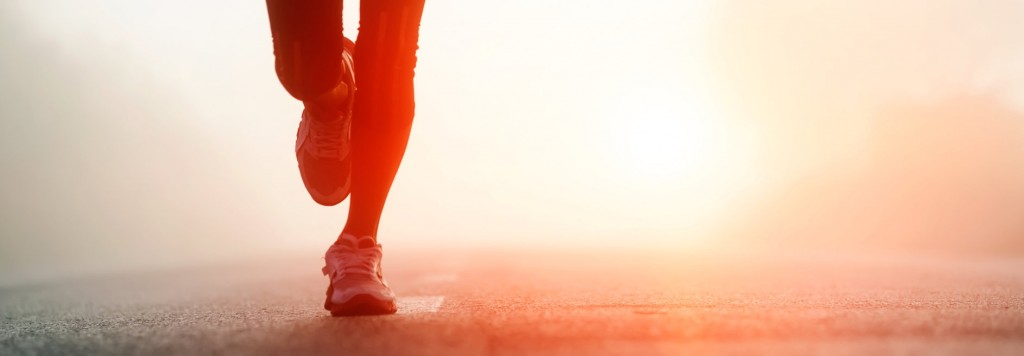The Winter Injury Blues.
By Sam Steven. Go Body Sports & Remedial. RMT. AAMT. Approved network massage provider to the Queensland Academy of Sport (QAS) and the Gold Coast Suns (AFL).For some, winter brings the off season. For others it brings marathons, half marathons or other winter sports. Unfortunately it also brings colds, the flu and the ever present risk of injuries.
Over the past six weeks, I’ve seen an increasing pattern of clients (including yours truly) with a range of injuries as a result of their training. As with any sport there is a risk of injury and to a degree, it is all ‘part of the game.’ However many of these injuries are often preventable. Here are some tips to keep yourself in top shape training through the winter leading into your event:
Consider the cooler weather: Remember your coach or teacher saying “warm-up” when you were a kid? Yeah well things haven’t changed too much since then. Your muscles need to be warmed up to function properly and to prevent muscle strains and joint injury. An appropriate warm-up should be included into every session no matter the duration.
Dress appropriately: You don’t want to overdress and be forced to strip layer after layer each time you run repeats up the Nobbys staircase. Consider clothing that allows the muscles to move freely yet keep your vitals nice and cosy – This will help the muscles to work efficiently and avoid muscle strains and joint injury.
Prevent colds/flu: Just because you are training hard, feeling fit and strong, you are not exempt from catching colds or the flu. In fact prolonged strenuous activity can lead to immune system dysfunction, increasing the likelihood of illness. Aside from overtraining, nutrition is possibly the biggest factor here. you can look into the ‘science of nutrition’ as much as you like, ultimately however, for most of us calculating the calorie count, exact protein versus carbohydrate ratio and all the other jargon is unrealistic. Fortunately it doesn’t have to be rocket science and common sense should be sufficient. A balanced diet including adequate protein, carbohydrate, iron, zinc and antioxidants is essential to a healthy immune system. Furthermore, supplementation can be applied where necessary. Vit C, Echinacea, Amino-Acids, Glutamine are all common immune boosters. Excessive supplementation can have an adverse affect, so if you’re uncertain, seek advice on which supplements to use.
Rest is best: Recovery is as important as your training sessions. While you rest, your body replenishes its energy stores and damaged tissue is able to repair. Without sufficient rest the body will continue to break down, resulting either in injury or a decrease in sporting performance. lack of sleep also has a detrimental affect on your immune system, increasing the likelihood of illness and your ability to fight off a cold if you do get sick.
Listening to your body: Its easy to ignore small niggles whilst flying down the Burleigh Esplanade on sub-5 minute km pace, or enjoying your post run coffee with friends. Unfortunately those little niggles are like your alarm clock telling you to get up and get moving! If you deal with these straight away you can prevent them turning into bigger niggles or create problems elsewhere in the body… yes this can happen. Stretch tight areas regularly, use ice on inflamed joints post training, self massage specific areas, include massage therapy as part of your training plan and get any injuries assessed and treated straight away.
If injury does occur, there are ways to manage them. Missing sessions or modifying your training program to accommodate your injury management plan is necessary. Don’t beat yourself up about it. Seek advice from professionals who can help and most importantly stay positive. If worse comes to worst, there is always another race just around the corner.

